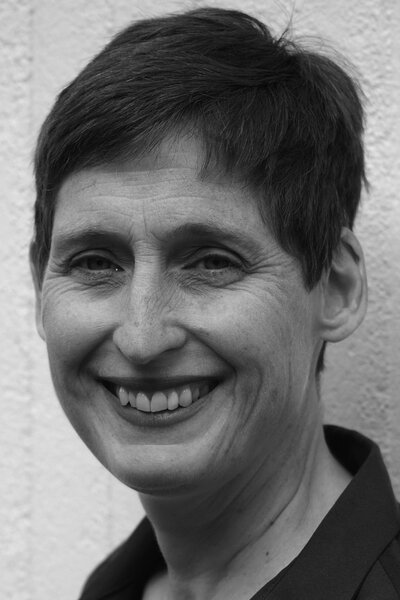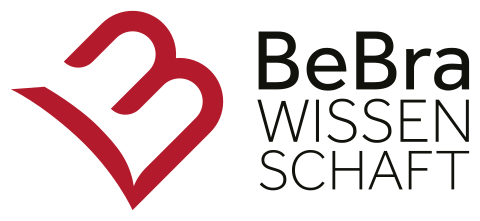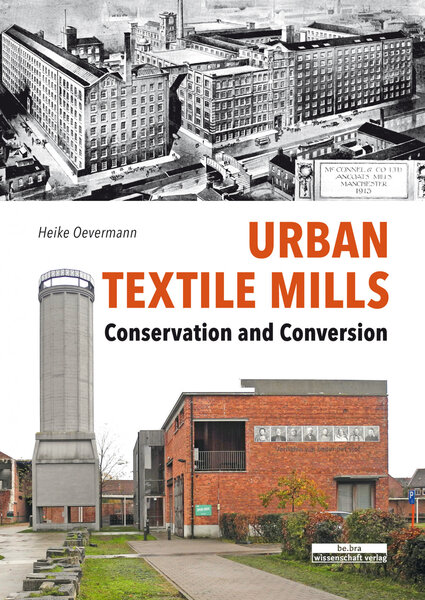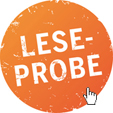Urban Textile Mills
Conservation and Conversion
Paperback, 296 Seiten, 17 x 24 cm, 300 s/w-Abbildungen, englisch
ISBN 978-3-95410-277-8
1. Auflage
Urban textile mills shaped European cities from the late 18th century. The decline of the textile sector in many of the original locations has meant that converting and repurposing these historic industrial complexes has become a new opportunity and important task in many European cities. The novel contribution of this book is that it examines not only the period of industrialization — the historic emergence of four urban mill types — but also focuses on recent processes of their repurposing, and correlations between both periods and processes. The book contributes to the case-specific knowledge of 20 textile mills in Europe by analysing their development as industrial complexes, beginning with the first steam driven mills in Manchester from the end of the 18th century, towards their conservation and conversion in the 21st century, including the manifold layers of time. The work promotes the — often conflictive — task of achieving an appropriate balance, between conserving urban textile mills as documents of the past and adapting them to present and future needs.

Heike Oevermann
Heike Oevermann ist stellvertretende Direktorin am Georg-Simmel-Zentrum für Metropolenforschung an der Humboldt Universität zu Berlin. Ihre Forschungsschwerpunkte sind Architektur, Stadtbaugeschichte, Denkmalpflege und Heritage Studies.
Heike Oevermann, PD Dr. habil., is a senior researcher and lecturer in heritage conservation and urban built history at the Georg-Simmel Centre, Humboldt-Universität zu Berlin and the Bauhaus-Universität Weimar.


